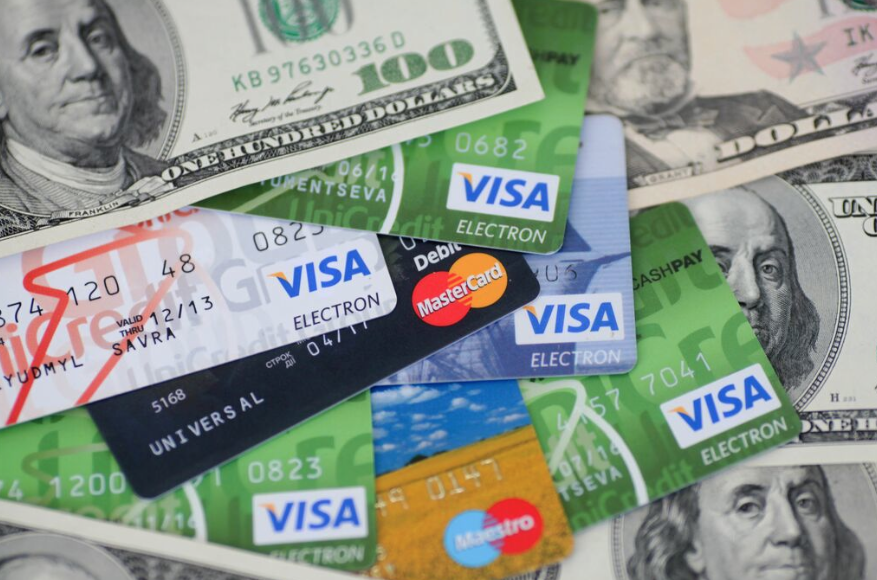
For many reasons (particularly in regard to credit), business and personal don’t mix. Although many entrepreneurs capitalize their early-stage startups with personal funds—they might use their home equity, personal savings, or personal credit cards to get things off the ground— it may not be a good idea for the long haul.
Here are just a few reasons:
- It doesn’t do anything to help build your business credit profile—While it might be expedient to pull out your personal credit card to pay for a business expense, it isn’t reflected on your business credit and doesn’t help you build a strong business credit profile. While it’s true, business credit is difficult to access for early-stage businesses, there are some relatively easy-to-qualify-for credit young businesses can turn to. Trade credit from vendors is a great option and so is a business credit card. This is debt that will help you build a business credit profile and potentially help you down the road when you might need a small business loan.
- It could hurt your personal credit score—Roughly 30 percent of your personal credit score is based upon how much credit you have available compared to how much you use, so the higher balances often associated with business expenses could hurt your personal credit score if you use, for example, a personal credit card. This is true even if you pay off the balance every time your payment is due. A business credit card could be a better solution.
- It makes accounting more problematic and can put your business entity at risk—While separating personal expenses from business expenses can be an accounting challenge for a sole proprietor, it can become a serious problem for an LLC (Limited Liability Company) or a corporation. Because your corporation or LLC is considered a separate entity, treating the corporate checking account like your personal checking account is one way you can muddle the distinction between yourself and your business entity and potentially open yourself up to personal liability.
It really doesn’t matter if your business is an established business, an early-stage business, a sole proprietorship, or a corporation; it just makes sense to keep things separate. This is one of the first steps to building a business credit profile that can open the doors to more financing options down the road. Relying on personal credit to cover business expenses is one of the biggest mistakes many small business owners make as their businesses grow—particularly when there are options available to help build a strong business credit profile.